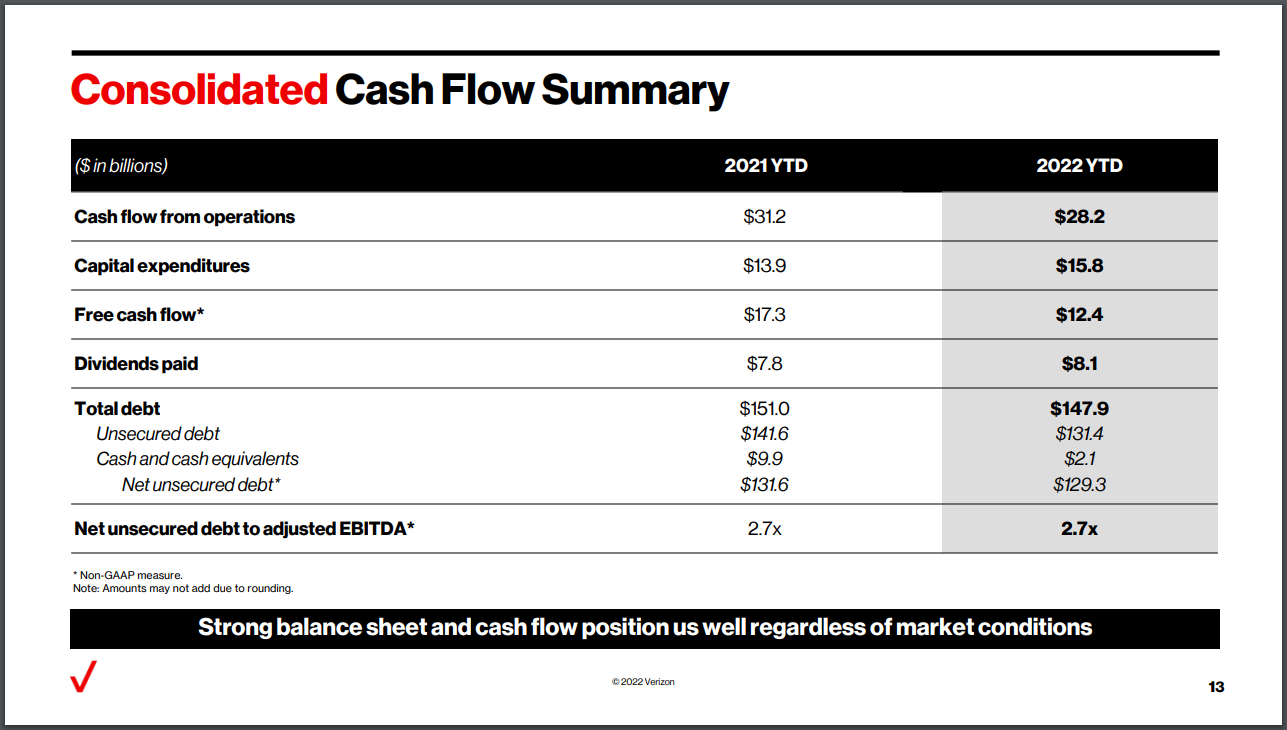The first post in this series outlined the purpose of Jeffrey Friedman’s final book, Power Without Knowledge: A Critique of Technocracy. In this post, I’ll be overviewing a key problem facing an effective technocracy, in Friedman’s view: the problem of naïve realism.
Recall the four types of knowledge necessary for a successful technocracy – knowledge about the existence and severity of social problems, knowledge of the underlying causes of those problems, knowledge about how to alleviate those causes effectively, and knowledge that the costs (including all unintended and unanticipated costs) of such alleviation will not exceed the benefits. Friedman defines social problems as “epistemically complex” when they “lack self-evident solutions.” For problems that are both epistemically complex and society-wide, possessing all four types of knowledge accurately and simultaneously seems at best staggering, and at worst insurmountable. To the naïve realist, however, “common sense” is all that’s needed to establish all four types of knowledge. Naïve realism is often denied as an overall worldview, while still being asserted about specific issues:
A naïve technocratic realist, however, could allow that it may sometimes be necessary to interpret evidence in order to produce the four types of knowledge, while insisting that, in the case at hand, a given statistic obviously shows that a given social problem is important, that “common sense” reveals the obvious causes of the problem, that the efficacy of a proposed solution is equally obvious, and that so, too, are the costs of the treatment…Few deny that, in principle, things may sometimes be complicated, but many affirm that in the case being debated, the truth is obvious.
For example, someone might say “For outcome X, there is a gap of Y magnitude between Group A and Group B. This difference is obviously the result of the history of prejudice against Group B. In order to combat this, we need to implement these policies to help boost the status of Group B, which will close the gap and right the wrongs of history.” This is naïve realism in action.
A sign that the truth isn’t obvious is widespread disagreement about what the allegedly “obvious” truth is:
The fact that different people’s diagnoses of and prescriptions for social problems frequently contradict each other suggests that these diagnoses and prescriptions are not, in fact, drawn from intuitive perceptions of obvious realities, but that they are fallible interpretations of ambiguous realities.
However, the naive realist often fails to grasp this:
Naive technocratic realism is a subspecies of naive political realism. Logically, the fact of technocratic disagreement should be fatal to the naive technocratic realist’s assumption that her opinions about social problems are self-evidently true…clashes of interpretation entail that at least some of the interpretations are wrong, such that none of them can be self-evidently true – except in the eyes of the naive realist.
We might attempt to bolster our interpretations with research supporting them, but this implicitly forfeits the idea that our views are self-evident:
Disagreements [about policy effectiveness] are reasonable for the same reason that a technocracy needs policy studies in the first place. If technocratic knowledge were self-evident, there would be no need for research about social problems and remedies, let alone for meta-research about them. To the extent that such research seems to be necessary, it is because the truth about the success of the policies is not self-evident.
The necessity for such research also undercuts those who claim their knowledge is rooted in their “lived experience.” As Friedman notes:
Moreover, it must surely be the case that, in a society that is opaque enough to require scientists to analyze its problems and prescribe cures, the intuitive insights one derives from personal experience cannot be presumed to be adequate: science is an effort to go beyond uninterrogated experience and is, as such, almost necessarily counterintuitive.
Additionally, just like what might seem obvious to people is frequently contradicted by what others claim is obvious, the lessons supposedly inferred from “lived experience” also frequently contradict each other:
When people bring contrasting personal experiences to the discussion of [social problems], how will their disagreements be reconciled without an appeal to statistics, and other esoteric knowledge as well? Whether [the issue] is unemployment, unaffordable housing, bad education, or costly health insurance, one needs more than personal experience with the problem if one is to conclude, legitimately, that government should try to solve it.
Because the naive realist thinks all four types of knowledge are intuitively obvious, they are blind to the possibility that some or all the necessary knowledge may be counterintuitive. Naive realism is particularly ill-equipped to deal with counterintuitive policy outcomes, or the possibility that policies might backfire in unexpected ways:
How might a naive technocratic realist respond to such claims? She might assert that they are inherently implausible – regardless of whether the posited mechanisms are plausible – because self-evident truths cannot possibly be counterintuitive…Such a claim is inconsistent with human fallibility, and is therefore – I take it – unreasonable in principle.
It seems to me, then, that technocratic disagreement is always reasonable, even discounting the difficulty in obtaining the first three types of technocratic knowledge. Even if one considers knowledge of the significance of social problems, of their causes, and of the efficacy of the proposed solutions to be self-evident, one cannot deny the very possibility of Type 4 knowledge failures without making unreasonable claims about the reach and accuracy of human knowledge. Thus, contrary to what the naive technocratic realist believes, technocratic policies that seem self-evidently necessary might do more harm than good.
Naive realism is plagued by these and many other problems. But setting aside the problems of naive realism, what are its consequences? How does the adherence to this view play out in the world? That will be the topic of the next post.
Kevin Corcoran is a Marine Corps veteran and a consultant in healthcare economics and analytics and holds a Bachelor of Science in Economics from George Mason University.
















